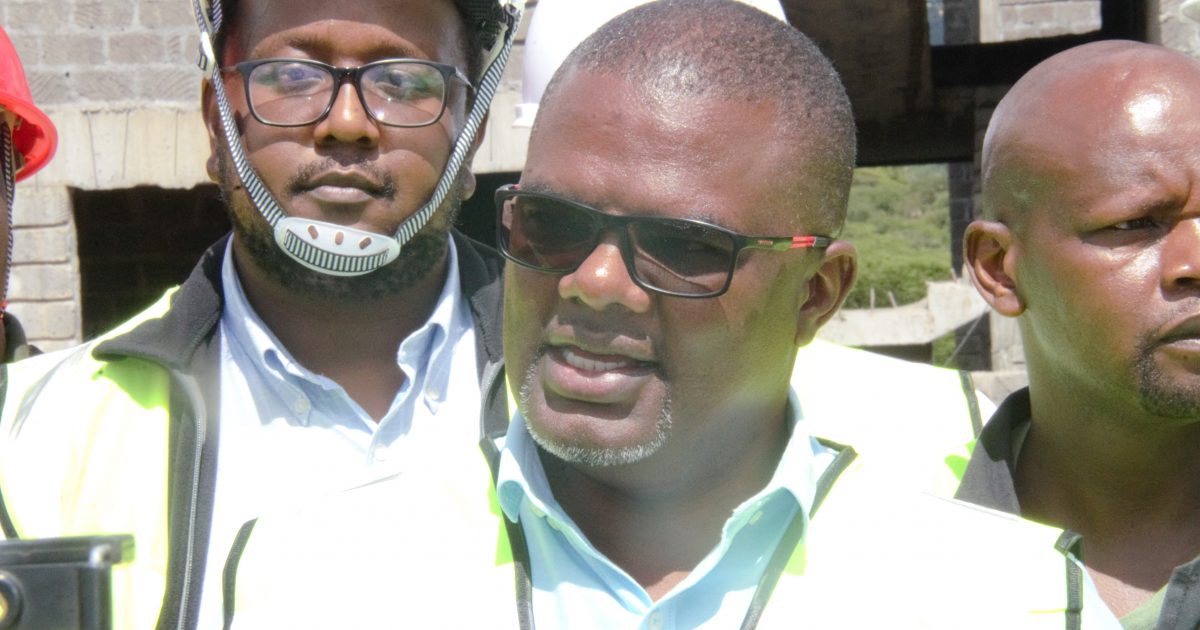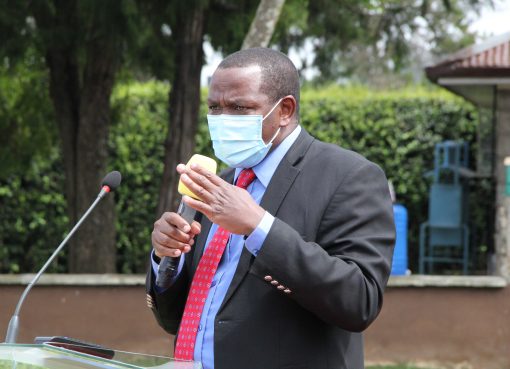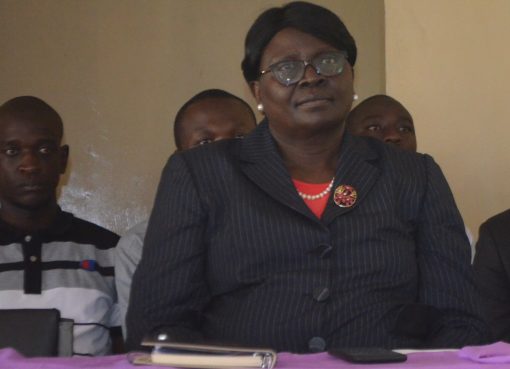The construction of 220 houses under the Affordable Housing Programme (AHP) in Machakos county is nearing completion, Nairobi Metropolitan Regional Lead, State Department for Housing Don Kagicha has said.
Kagicha said the project valued at Sh515 million is on course and is expected to be completed in September.
The project comprises of 60 bedsitters, 60 three- bedroom,60 two -bedroom and 40 one- bedroom units.
“We have around 48 weeks to complete the project that started in September last year. Construction works of majority of the blocks are complete and others are nearing completion. By September the project should be done, “he said.
Speaking during a meeting with local Jua Kali artisans at the project site in Machakos, Kagicha called on residents to register for the houses and secure units for buying.
“Since the houses are nearing completion, this is the best time to register either through the Boma Yangu website or dialing *832# on the mobile phones for those that cannot access the website. We will also be conducting an open day to showcase the houses to the public once they are finished,” said the Nairobi Metropolitan regional lead.
He hailed the project for spurring social economic growth in the region through employment opportunities and local sourcing of raw materials for the construction.
“The project currently has 150 employees on a daily basis. The Jua Kali sector in Machakos will supply the 1,000 doors and 800 windows required in the project,” said Kagicha.
Medium Small and Micro Enterprises (MSME)Inclusion Lead, State Department for Housing Melita Kipury reiterated AHP besides providing dignified and affordable houses for Kenyans aims to uplift the social economic status of communities and especially the Jua Kali sector through provision of inputs required for the construction of the houses.
Kipury said all contractors for the project, regardless of the location will source certain inputs like steel doors and windows, wooden frames and flash doors from the local Jua Kali artisans and are not permitted to import or purchase the inputs from large players in the industry.
“One of the key aspects of the project is Jua Kali inclusion and one of the approaches used is ring fencing by ensuring that once the project is designed certain inputs are earmarked to be done by the local Jua Kali communities,” he said.
Kipury noted that through the inclusion of Jua Kali sector, the government intends to support and grow the industry economically.
“Through this initiative the sector will grow to be more formalized and more equipped for mass production. Micro enterprises will move to smaller and eventually medium enterprises,” added the MSME lead.
He allayed any fears on the capacity of the Jua Kali artisans to provide the inputs required for the project across the country.
“The sector has the capacity both in resources and workmanship required to mass produce and supply the materials required for the project on time. There is the potential, commitment and the desire from the sector to supply the inputs,” said Kipury.
Charles Kituku, from the Small and Micro Enterprises Authority Machakos branch, said more than 300 Jua Kali artisans from the area had been contracted to provide doors and windows for the housing project.
Kituku assured that the artisans have the capacity to provide the right quality materials according to the specifications given by the contractor.
“This project will uplift the Jua Kali sector in Machakos and we have the potential to supply all the windows and doors required,” he said.
By Roselyne Kavoo




